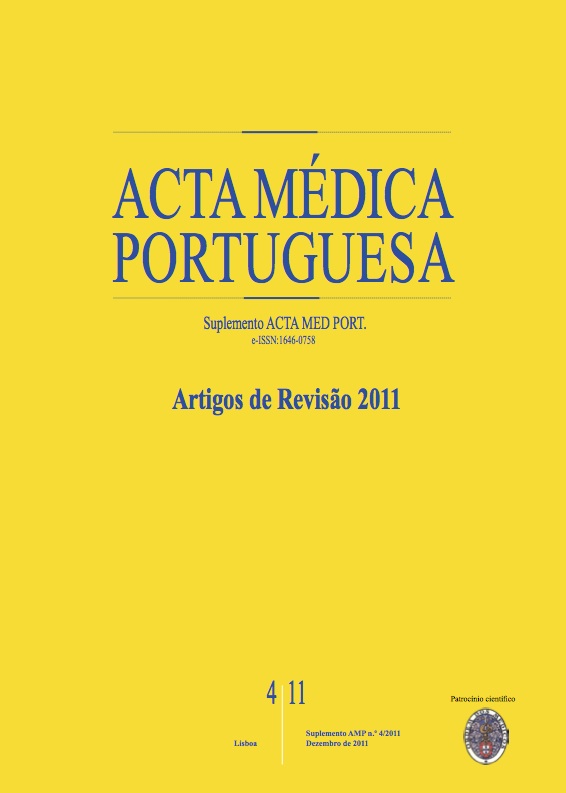Sleep disturbances in schizophrenia.
DOI:
https://doi.org/10.20344/amp.1591Abstract
Schizophrenia is often related with sleep disorders. In clinical practice insomnia is a common feature in schizophrenia. Difficulty falling asleep, maintaining or achieving a restful sleep is associated with symptoms severity and has been listed as a prodromal symptom of psychotic relapse. Sleep disturbances in schizophrenia may arise during the acute phase of illness and persists in many cases in chronic phase.The authors intend to review the main sleep disturbances observed in schizophrenia, the possible pathophysiological mechanisms, their clinical impact, and the effects of antipsychotic medication on sleep architecture.This study was carried out a systematic search of published literature from January 1965 to May 2010, through PubMed, using the following key words: sleep, REM sleep, NREM sleep, schizophrenia, polysomnography, actigraphy and antipsychotics.Most changes found in objective studies using the polysomnography, in patients with schizophrenia are: reduction of total sleep time, decrease in slow wave sleep, REM latency and sleep efficiency. Studies using actigraphy also reveal that these patients experience changes in circadian rhythm sleep disorders, specifically the irregular type and phase advance. Although some sleep disorders improve with antipsychotic treatment, in many cases, even during the remission of the disease, sleep continues fragmented , suggesting that there are physiopathologic mechanisms involved in sleep disturbance in these patients.Privation of adequate and restful sleep has a negative impact on rehabilitation strategies, quality of life of patients with schizophrenia, and may contribute to worsening of cognitive deficits.Downloads
Downloads
How to Cite
Issue
Section
License
All the articles published in the AMP are open access and comply with the requirements of funding agencies or academic institutions. The AMP is governed by the terms of the Creative Commons ‘Attribution – Non-Commercial Use - (CC-BY-NC)’ license, regarding the use by third parties.
It is the author’s responsibility to obtain approval for the reproduction of figures, tables, etc. from other publications.
Upon acceptance of an article for publication, the authors will be asked to complete the ICMJE “Copyright Liability and Copyright Sharing Statement “(http://www.actamedicaportuguesa.com/info/AMP-NormasPublicacao.pdf) and the “Declaration of Potential Conflicts of Interest” (http:// www.icmje.org/conflicts-of-interest). An e-mail will be sent to the corresponding author to acknowledge receipt of the manuscript.
After publication, the authors are authorised to make their articles available in repositories of their institutions of origin, as long as they always mention where they were published and according to the Creative Commons license.









